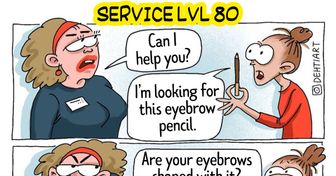Helen Hunt, 60, Stuns During Her Latest Appearance, and Her Lips Become the Center of Attention

If you were to write a sci-fi novel, would you depict robots as enemies of humanity or friends? Or, is it even possible to befriend robots? Ask Will Robinson. Meanwhile, I’m here to answer all your questions surrounding what our relationship with them will look like in the future!
Let’s take it all the way back, from the importance that having friends plays in our lives and why as human beings we definitely need friendship. As of today, it’s been proven again and again that romantic relationships improve our health and even help us live longer. And despite the fact that historically they’ve been treated as less valuable than romantic and family relationships, now we know the same goes for friendships.
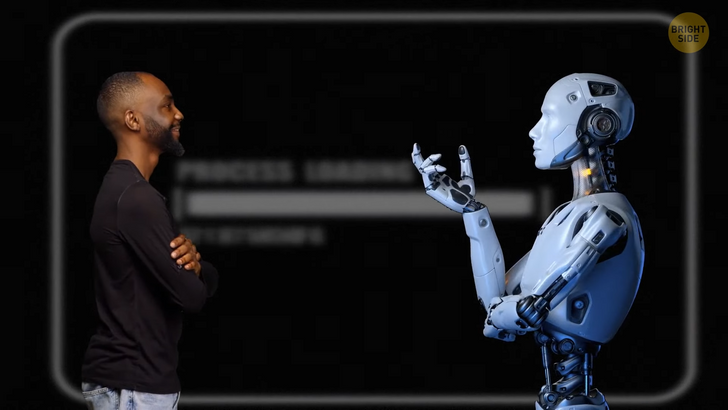
Part of this is actually due to the overlaps between mental and physical health. That is, if you’re being socially active, it’s most likely you’re being physically active as well. But it also has a lot to do with the brain.
For instance, several studies that have used functional magnetic resonance imaging to study patterns of brain activity show that interaction with friends leads to heightened activity in the striatum, which is a region involved in reward. And in one study, researchers found that when participants were given the opportunity to share money with a friend, or a disliked, neutral or unfamiliar person, reward regions were most active when they chose their friend.
So, it’s no wonder individuals with a strong sense of connection to their friends tend to have longer and healthier lives! It is as if they are always being rewarded! But to be more specific about what health benefits valuable friendships provide, first of all, they put you at a lower risk for hypertension. In addition, they help you sleep better as well as heal faster!
And the more friends you have, the better! Having a wider variety of social relationships may even enhance your ability to ward off a cold! However, when you have to spend time alone and not by choice, your white blood cells change their behavior, which leads to more inflammation and a weakened immune response...

On top of all this, friends not only help your physical health, but your mental health as well! According to one research, there’s a link between the time you spend with friends and whether the brain later processes rejection as threatening. Those who had spent more time with friends show less sensitivity to social exclusion. Now, where do robots enter the picture? Well, in the future, we may not be restricted to only being friends with living and breathing human beings or pets even.
To be able to explore the idea of human-robot friendship, we must understand the very basics of robotics. Most of you may be familiar with the concept of robots, but it’s actually important to define them as a separate entity from other types of machines.
You see, unlike other machines, robots interact with the world. Based on their actions, they are able to adapt and make changes to their surroundings as well as respond to the world around them. They can independently sense, reason, plan, and take action. As well as performing tasks autonomously, they can also extend human capabilities, and mimic human actions.
The field of robotics traditionally centers on creating robots to perform simple or repetitive tasks, as well as tasks with hazardous conditions for humans. Yet, thanks to the developments in machine learning and artificial intelligence, there is a measurable increase in human-to-robot interactions. There are some reports which suggest that the number of robots around the world could reach 20 million by 2030.
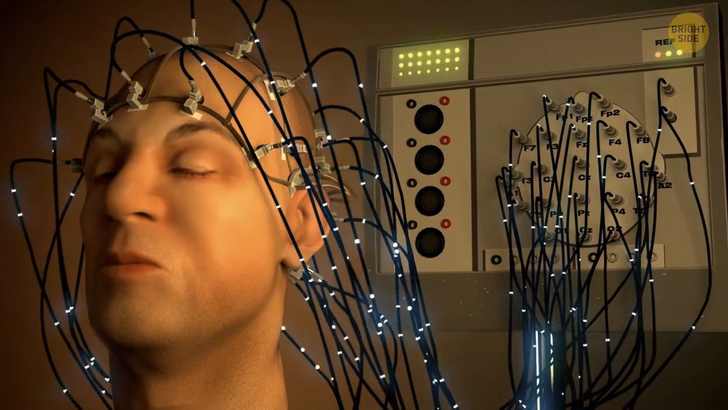
And that can only mean we’ll be exposed to more and more robots in our everyday lives. Therefore, all of us will have to interact with them one way or another. Yet again, does all of this really mean we will be able to bond true friendships with them? And if so, will our robot friends improve our physical and mental health in every way like our human friends do? Or, are robots even capable of being friends?
As of today, there are quite a few robots that can perform intelligent tasks, such as adjusting how they respond to individuals, and organizing themselves without direct human input. Some examples of that include prosthetic arms that can learn from the person who is wearing them and adapt to their needs along the way.
Then there are physical therapy robots that coach patients to learn a task by assessing their individual needs and offering them just the right amount of help. There are also what researchers call “swarm” robots, aka a large group of robots. After getting a single command, they are able to collaborate with each other and organize on their own to fulfill the task at hand.
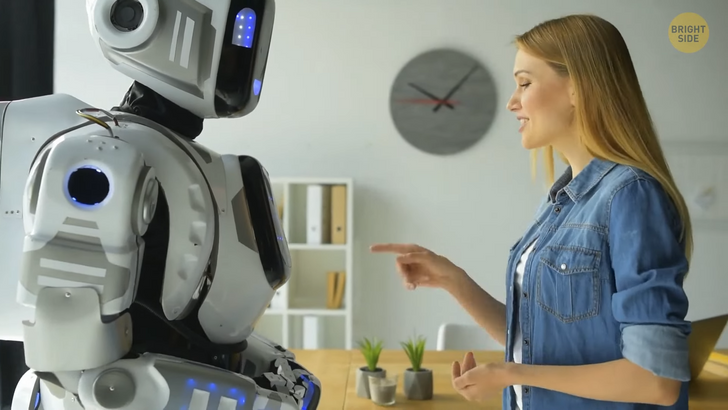
This makes them perfect for dangerous tasks such as exploring a collapsed building. Instead of a human having to give commands to each individual robot, you send in the team, and they coordinate the whole mission themselves. Talk about autonomy and cognition! So, since robots are able to do all that, it’s obvious they can make good friends, right...?
Well, friendship is not all about benefiting from each other. Take Aristotle, for example. He says that “true” friendship is premised on mutual goodwill, admiration, and shared values. Accordingly, friendship is about a partnership of equals. Can we achieve that with robots? Because so far, the relationship we have with robots is what Aristotle would call an inferior one...
Yet again, even in this state of benefiting from robots, we relate to a robot just like we relate to pets, possessions, and people. Many folks these days, always thank ChatGPT for helping them out with stuff! Some people who work on “robot ethics” believe that what they do, that is, bonding with a robot, is just a waste of emotional energy. That is because these entities can only simulate emotions, and this will always be less rewarding than forming human-to-human bonds.
Well, I already named my robot vacuum cleaner... Sorry, not sorry... And I know I’m not the only one. According to an engineer who worked at a vacuum cleaner robot company, when customers were offered brand-new robots to replace their broken ones, they would decline the offer saying “No, I want MY robot!” They didn’t want to replace the robot because they’d grown attached to it.
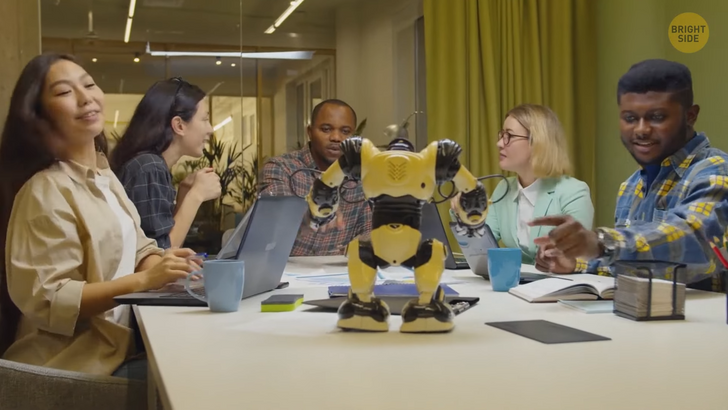
The thing is, according to the psychological evidence we have so far, what I and many other people do couldn’t be any more normal. Because, according to it, as human beings, it is in our nature to extend emotional connections to things that are very different from us. That is even when we know they are manufactured and pre-programmed. But the question is, do those connections constitute a friendship comparable to that shared between humans?
If we try to answer this question based on Aristotle’s ideas on friendship, the answer would be “no.” Then again, when we take a look at all types of human-to-human relationships, very few of those could be described as completely equal. And even then, the ones that can be considered equal are all destined to evolve over time. So, instead, let’s look at it this way; robots can be good companions which can address our urge to feel a social connection.
They can provide physical comfort, emotional support, and enjoyable social exchanges. They won’t reject or judge you. One might argue that they also won’t understand or empathize with you. But the thing is, they don’t really need to... Most people talk to their pets even though these animals don’t understand the words. But they still help you feel less lonely at the end of the day, and robots can do exactly that!
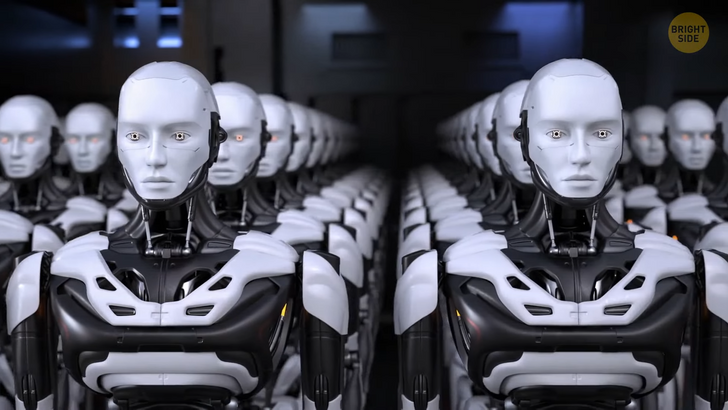
There are potential risks with human-to-robot friendships, however... If robots can become our friends, they can very well become our enemies, too... But not in the way that sci-fi movies depict. Robot friends can turn into a problem if people start neglecting their relationships with other people to spend more time with a machine.
And that is actually already happening with video games and social media. Yet again, we can all agree that robots aren’t the ones to blame for it...



